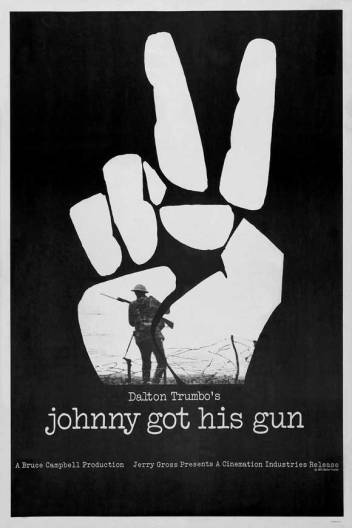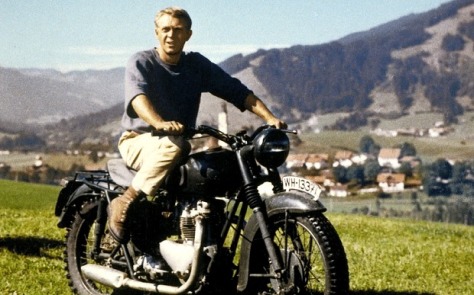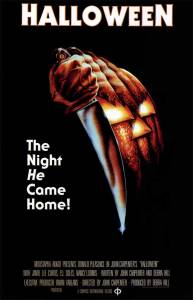
I have somewhat mixed feelings about tabloids. While I like magazines such as the Weekly World News with such truths in their headlines as ‘Bigfoot stole my baby!’ and ‘Al Qaeda Vampires Run Amok in Iraq,’ I loathe these kinds of brainless entertainments’ shameless exploitation of tragedies such as Robin Williams’ suicide and the Sandy Hook Massacre. And I can fully see how such media can run rampant and derail someone’s life. I honestly believe the media is a sizable part of what drives many actors on downward spirals. And then there’s Christopher Jefferies. What didn’t break him made him stronger, and this film tells his infuriating and enlightening story.
Christopher (Jason Watkins) is a man of whom I’m convinced of two things, based on this movie #1) that he was gay, and #2) that he was somewhere on the Autism Spectrum, probably mild Asperger’s. Alternately blunt, socially inappropriate, and downright rude, Chris lived a somewhat hermetic existence and was the landlord of a couple of flats in the small English village of Failand. Watkins plays him in a thoroughly believable and compelling manner, every infinitesimal tic and twitch duly perfected. Christopher is a retired schoolteacher and anti-social lone wolf who finds himself in the middle of a police investigation when one of his tenants, Joanna Yeates (Carla Turner) is found murdered outside his place.

Suddenly, everything about Christopher seems suspect- his ‘to catch a predator’ wardrobe, his odd inflection and apparent lack of empathy, even the fact that he is an older man living on his own, and such men must, by extension, be pervs. Of course, correcting the cops’ grammar during questioning doesn’t help Jefferies look like an innocent man, and with no further ado, the police make this assumption: odd old man + suspicious circumstances= killer. They hardly have anything on him that isn’t circumstantial, but suddenly the entire country is in an uproar over this man’s presumed guilt. The thing is, Jefferies didn’t do it, and his lawyer, Paul Okebu (Shaun Parkes) is determined to bring his innocence to light.
Honestly, this movie didn’t end nearly as tragically as I thought it would. I knew almost nothing going in, and I was tense throughout the film, expecting something terrible to happen not only to Yeates, but to Jefferies too (being unfamiliar with the case as I was.) However I was immediately sucked in by the lead character and performance. If the police understood Autism-like behavior more, they would see that this man was not a monster, just a harmless oddball. Watkins does an amazing job of playing someone who is ‘on the spectrum’ who just happens to be gay without reducing his character to a gay or aspie caricature. Some people might find this story slow, but if you like British dramas and the feeling of heightened realism they create, you’re sure to like this film.
Note- Frankly, I’m a little confused because this film is described on Imdb as a ‘mini-series,’ but the version I saw on Netflix Streaming was a movie just under two hours, and distributed by Universal. If I missed some footage of the original cut, I would definitely like to see the whole thing straight through. Any help on this would be much appreciated, and I hope you get a chance to see this film; it’s fascinating. For me, British cinema holds a kind of appeal that American movies just don’t, and I would love to discuss the themes of this obscure gem with anyone who wishes to partake.






















